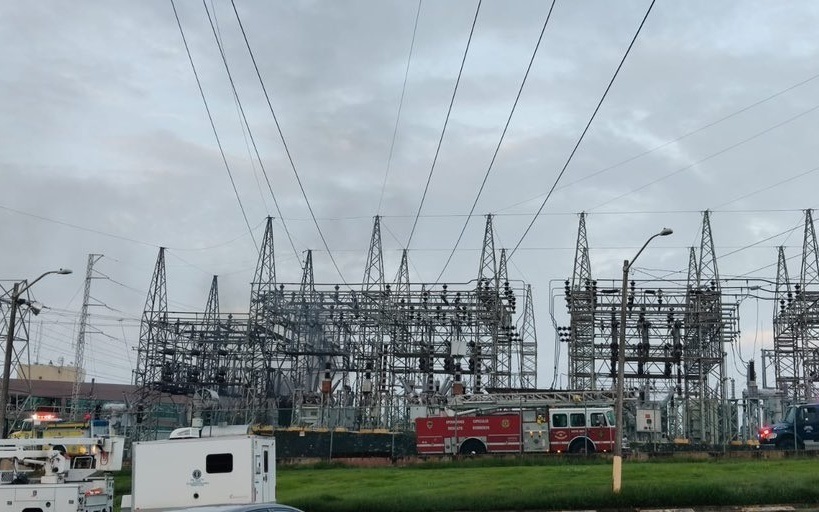Report urges greater support for electricity network flexibility and demand side response to meet net zero target.
According to the Delivering on the Potential of Flexibility publication, DSR and energy storage could save around £8 billion a year by 2030, a figure that could rise to between £17-40 billion by 2050.
However, the report commissioned by trade body Energy UK along with the Association for Decentralised Energy (ADE) and manufacturers’ group BEAMA, warns that integrating renewables and storage into the energy network has been “slow and patchy”.
As the UK transitions to a low carbon energy system increasingly reliant on unpredictable renewable sources like wind and solar, flexibility will play a key role in balancing the grid and ensuring security of supply.
It’ll also reduce the amount that has to be spent on electricity generation capacity and grid reinforcement.
But the report warns that the UK “risks failing to make the most of the opportunity” without greater clarity from government.
Report Recommendations
The groups make several proposals to enhance the integration of flexibility into the network, including:
- Government and Ofgem should work with the industry to devise a new version of the Smart Systems and Flexibility Plan that sets targets and timeframes, then accurately measures progress
- Amend market mechanisms and regulations that are currently designed for the traditional, centralised, one-way energy system
- Barring network operators from providing ancillary services, which support the transmission of electric power from generators to consumers, as this risks hampering the development of the flexibility market
Reaction To The Report
“A flexible energy system is essential if we are to get anywhere near Net Zero. What’s more, there’s no question of the huge savings and benefits it can bring to us all.
“The products, technology and finance are all there but the opportunities and incentives aren’t – meaning business cases for investment aren’t stacking up.
“Overall demand for power has been falling for some time but the electrification of heating and transport will greatly increase demand at peak times and flexibility will be absolutely essential to cope with this.
“We need to be ready for when that happens which means taking action now – otherwise we risk missing out on the benefits.
– Charles Wood, Head of New Energy Services & Heat for Energy UK
“The companies supplying this flexibility stand ready to deliver but while elements of the jigsaw are in place, there are still missing pieces.
“We now need to go further. Industry is ready to continue working with government on this and, given the right policy framework, to invest in the development and delivery of the solutions consumers want.”
– Caroline Bragg, Head of Policy for the ADE




